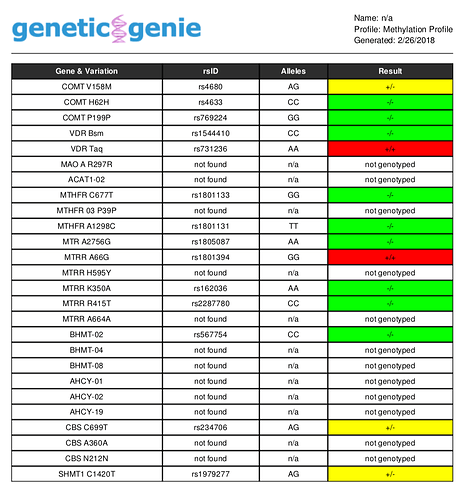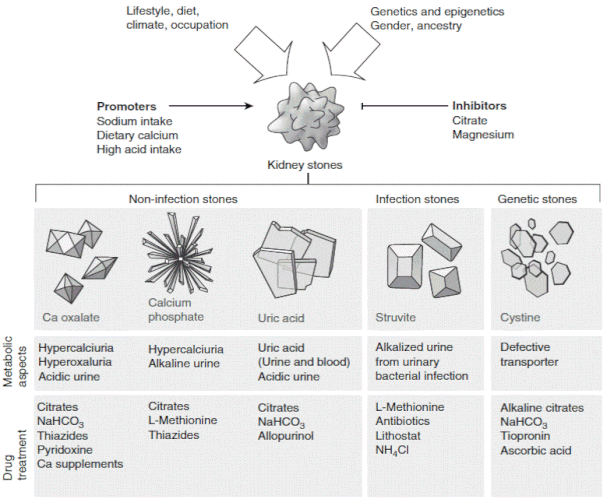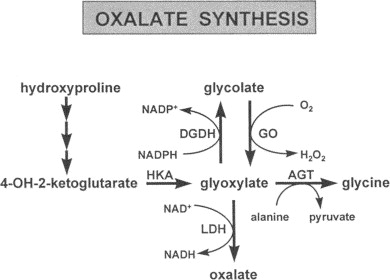I submitted my DNA to 23andme a couple years back. I got the following back with respect to my Methylation Profile.
So I gather I can process folic acid fine and don’t need methylfolate but shoudl be using methyl-b12 lozenges a couple times per day?
Is this stuff just pseudoscience? What do you make of the following? Do I need to get a real test from a doctor who specializes in this? Perhaps they test for other things 23andme didn’t test for?
I have the VDR Taq / Bsm genetic flaw as well… but I don’t know what this means really… I do take vit d supplements because my baseline is below normal… last i checked 25 D hydroxy was 54 – 17 previously.





